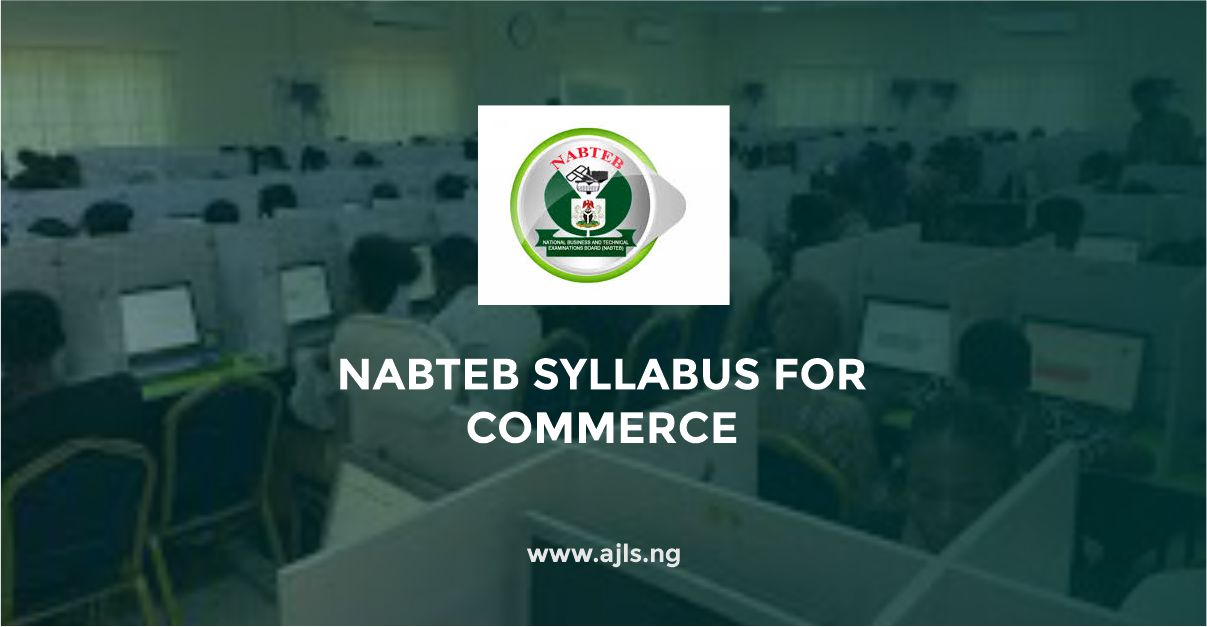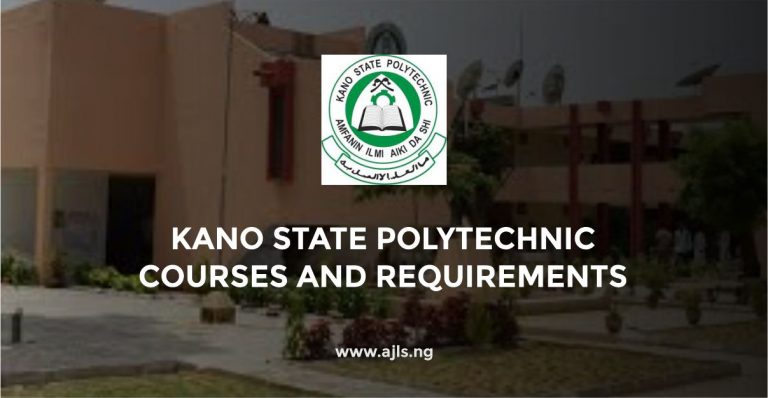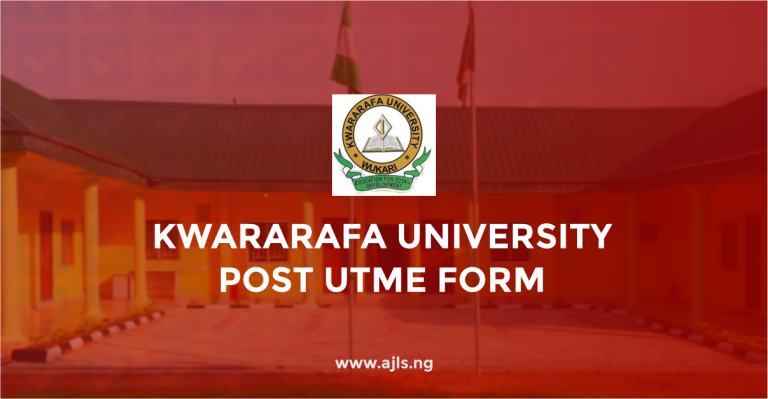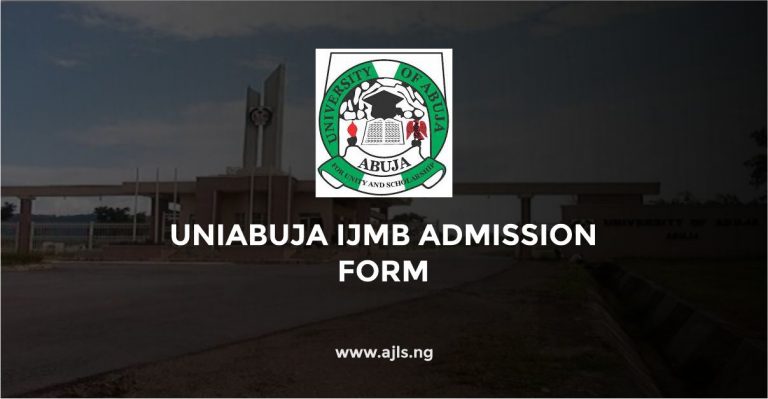NABTEB Syllabus For Commerce 2025

The NABTEB examination 2025 will soon commence. As part of the preparation, it is important for all students and tutors to make the most of the syllabus provided for each subject, including Commerce. The NABTEB Commerce syllabus is a guide for both students and educators and it helps them to focus on the topics that are most important and will likely appear in the exam.
By using the syllabus as part of your revision, you can prioritize key areas and ensure you are fully prepared. It provides a clear structure to your studies, allowing you to cover everything you need without feeling overwhelmed.
Below, you will find the detailed NABTEB syllabus for Commerce, along with useful tips to help you succeed.
NABTEB Syllabus For Commerce 2025
| Topic/Objectives | Contents |
|---|---|
| 1.0 Introduction to Commerce | 1. Meaning of Commerce. 2. Functions. 3. Divisions and subdivisions. 4. History of Commerce in Nigeria. |
| 2(a) Good and Services | 1. Goods and services provided by commercial organizations. 2. The difference between consumable and durable goods. 3. Goods and services provided by the public sector, e.g. postal services, water supply, electricity, etc. |
| 2(b) Documents used and terms connected with the buying and selling of goods and services | 1. Essential documents: letters of inquiry, invoice, credit and debit notes, etc. 2. Trade terms and abbreviations: Trade discount each discount, quantity discount, F.O.B., E O.E. etc. 3. Terms of payment: Cash, hire and deferred payments. 4. Means of payment: Legal tender, cheques, standing order, bank drafts, stamps, postal orders, money order, bill of exchange, promissory notes etc. |
| 3.0 Organization of production | 1. Definition of production. 2. Factors of production. 3. Advantages and disadvantages of specialization. 4. Inter-relationship between production and exchange. 5. Specialization/division of labour. 6. Forms of production |
| 4.0 Occupation | 1. Meaning of occupation 2. Determining factors 3. Types of occupations |
| 5.0 Trade | 1. Definition of trade 2. Types of trade (a) Home Trade (b) International Trade 3. Channels of distribution – wholesalers and retailers. 4. Procedures and documents used in purchasing and selling in home trade, e.g. requisition form, invoice, credit note, debit note, delivery note etc. 5. Procedure and documentation in foreign trade e.g. indent, shipping note, freight note, consular invoice etc. 6. Methods of payment, stock control and terms of sale. 7. Definitions and explanations of: (a) Terms of trade. (b) Balance of Trade. (c) Balance of Payment. (a) Visible and Invisible Trade. (b) Tariffs/customs duties and excise duties. (c) Free Trade Area. |
| 6.0 Business Organisation | 1. Forms of Business Organisations (Public and Private) e.g. sole proprietorship, partnership, private limited liability company, public limited liability company. 2. Formation of partnership. 3. Formation of cooperative societies. 4. Formation of companies and Registration under 1968 Company Act. 5. The functions of the Business Associations. Chamber of Commerce, Trade Association, Trade Union etc. |
| 7.0 Money | 1. Definition of money. 2. Evolution of money. 3. Forms of money. 4. Functions. 5. Qualities. |
| 8.0 Banking and Finance | 1. Meaning and types of banks. 2. Functions of central Bank, Commercial Community Merchant, Savings and Development banks. 3. The Commercial Banking Services: Current account, savings account, fixed deposit account. 4. Meaning, functions/importance, organizational set-up, transaction procedures and speculators at the stock exchange. The second-tier securities market. |
| 9.0 Credit | 1. Meaning and functions of credit. 2. Advantages and disadvantages of credit. 3. Sources of credit. 4. Credit instruments. |
| 10.0 Transport | 1. Meaning of transportation. 2. Importance of transportation. 3. Forms of transportation (land, water, air, pipe-line, etc). 4. Factors deciding the mode of transport e.g. nature of goods. 5. Functions of the ports and Airports Authorities. 6. Documents used in transportation. |
| 11.0 Insurance | 1. Definition of insurance 2. Importance of insurance 3. Types of insurance 4. Differences between insurance risks and non-insurance risks. 5. Procedure for effecting insurance contract list examples here. 6. Basic principles of insurance: – Insurance interest – Indemnity – Utmost Good Faith – Subrogation – Contribution – Proximate cause. 7. History of insurance in Nigeria. |
| 12.0 Communication | 1. Meaning and types of communication 2. Importance of communication. 3. Development of communication in Nigeria. 4. Role of communication agencies – NITEL, NIPOST, COURIER SERVICES etc. |
| 13.0 Advertising | 1. Meaning of advertising. 2. Role of advertising. 3. Types and media of advertising. 4. Advantages and disadvantages of advertising. 5. Consumer protection in advertising. |
| 14.0 Marketing | 1. Meaning of marketing 2. Importance of marketing in an economy 3. Functions of marketing: selling, buying, storing, transporting, financing, risk bearing, securing information etc. 4. Marketing concept of business 5. The four P’s of marketing. 6. Marketing research, product design, packaging etc. |
| 15.0 Nationalization and Indigenization | 1. Meaning: Aims and objectives of nationalization. 2. Advantages and disadvantages of nationalization. 3. Meaning: Aims and objectives of indigenization. 4. Advantages and disadvantages of indigenization. |
Success Tips For Candidates
Here are some tips to aid your success in the examination.
- Begin studying ahead of time to avoid last-minute cramming. Plan your study schedule to cover all topics.
- Understand what type of questions to expect, whether multiple choice, essays, or practical tasks.
- Keep your study materials tidy and use summary notes or mind maps to make revision easier.
- Focus on the most important areas or ones you find difficult, especially those that appear often in exams.
- Try answering past exam questions under timed conditions to get used to the pressure.
- Don’t study for hours nonstop. Take short breaks to keep your mind fresh.
- Get enough sleep, eat well, and drink plenty of water to stay energized during your study and exams.
- If you are stuck on a question, skip it and come back later. Take deep breaths to stay calm.
- If time permits, check your answers before submitting your paper to avoid simple mistakes.
Did you find this post helpful? If you have questions, please ask them in the comments, and we will respond shortly. Do not forget to share this post with others who are writing this paper.





